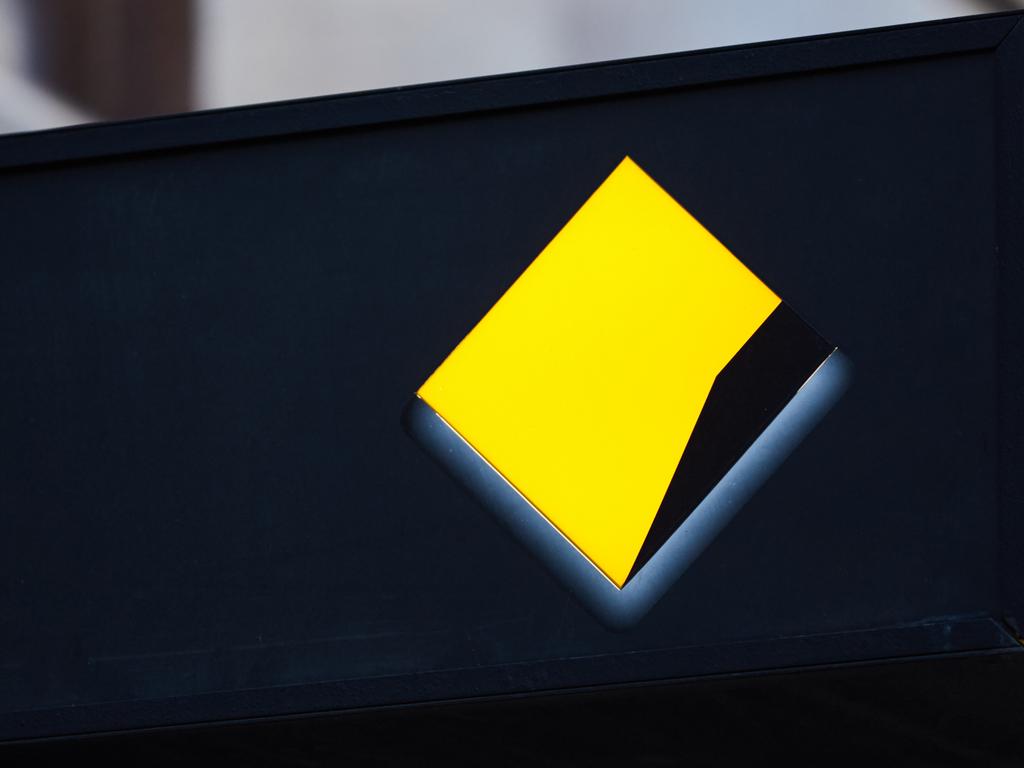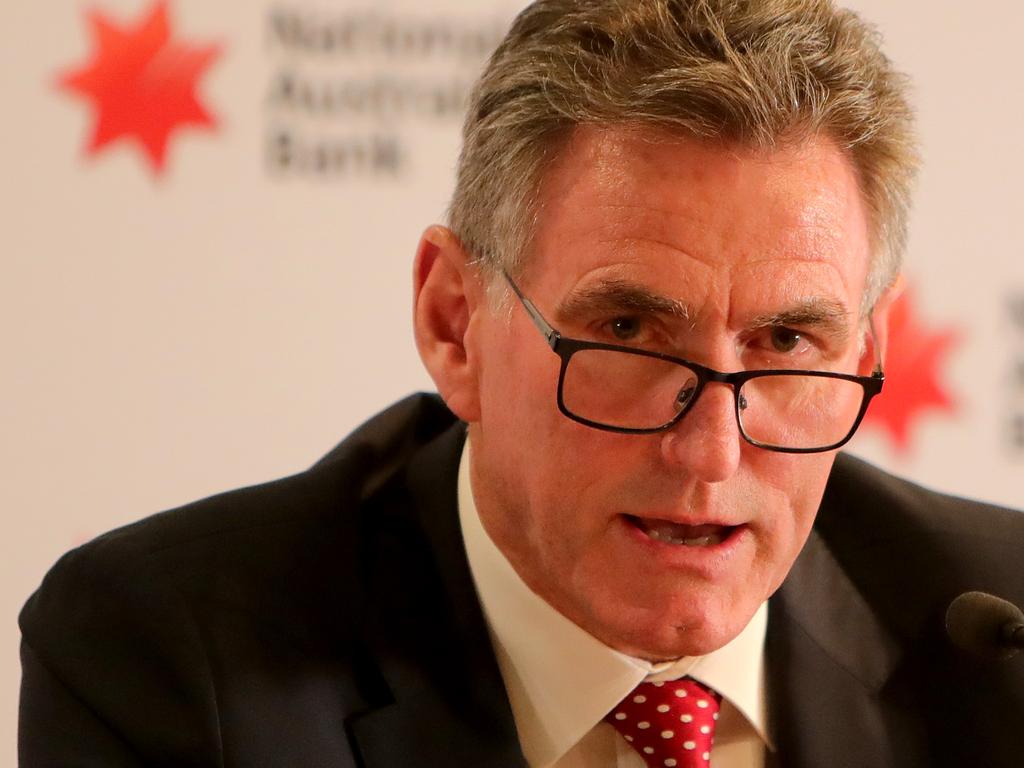FINSIA working on bank standards, as sector braces for COVID-19 fallout
FINSIA has started working on draft industry standards for the banking sector, which it says will help to avoid scandals and COVID-19 headaches.

The Financial Services Institute of Australasia says higher levels of banker education and industry standards would aid the sector in avoiding scandals, and dealing with “unprecedented levels” of hardship during the COVID-19 fallout.
FINSIA chief executive Chris Whitehead said the professional body had started working on draft industry standards — covering competencies and behaviours — which he hoped would be complete by the year’s end. That would build on initiatives such as National Australia Bank’s decision to beef-up staff education and send bankers back to school.
“These would only be first drafts. We have proposed that an industry stakeholder body should be constituted to approve standards,” he added.
“We (industry in Australia) have already made good progress in some areas, but not on ethics … we want to close that gap.”
The Australian Prudential Regulation Authority has also signalled an interest in bolstering professionalism, particularly after the damning self-assessments banks conducted on their governance and culture mostly after the Hayne royal commission.
The regulator was consulting with parts of the banking industry early this year on a tool being developed to “benchmark and assess trends in risk culture”, basing its work on that undertaken by the private-sector UK Banking Standards Board.
An APRA spokesman said its program of work would continue into 2021 before being finalised.
“While APRA is on the record supporting greater professionalism in financial services, we don’t have a position on whether any industry should introduce a consistent professional standard,” he added.
National Australia Bank CEO Ross McEwan last month announced he was making bankers undertake a base education program, to help boost their knowledge and avoid “sloppy” mistakes. NAB is rolling out the program in partnership with FINSIA for its 34,000 staff, at a cost of $50m over the first three years. While Mr McEwan said he wanted the program to foster “discipline and a commitment to professionalism”, he denied it was to help deal with COVID-19 loan repayment pauses.
Mr Whitehead said while the pandemic wasn’t the underlying reason for the NAB program, improved education and industry competency standards would “be invaluable” in helping bankers dealing with customers working through their debt obligations.
“With the current crisis and recovery over the next few years we will have unprecedented levels of customer hardship and credit risk complexity to manage,” he added. “The way in which this role is performed will regularly involve ethical dilemmas and will require the application of sound judgment.”
Besides NAB, the other banks are dealing with the education and standards issue internally and via the Australian Banking Association. Commonwealth Bank CEO Matt Comyn highlighted that his team was reviewing educational requirements for staff to find the “most appropriate solution” for better customer engagement and risk management.
“We’ve been looking at that issue, as has the industry at an ABA level as well, in terms of what level of industry accreditation and where we think the gaps might be,” he said.
“I’m certainly aware that other participants in the industry are looking at differing solutions, it may or may not be the FINSIA solution, but certainly capability of people inside organisations and financial institutions is absolutely critical.
“There are differing solutions that achieve the same goal, and people can obviously do that internally with the support of different partners. But clearly all financial institutions are committed to changing practices, implementing the recommendations of the royal commission.”
The ABA is working with the Institute for Ethics, Governance and Law — which counts academic institutions including Griffith University and the Australian National University among its ranks — on a research paper delving into education and professional standards topics.
Curtin University senior lecturer Dr Tom Cronje said an industry standard in the banking sector should be favoured over more regulation, and stressed consumer trust was highly important during COVID-19.
“Retaining confidence in the market is very important in this climate,” he added.
“That broader perspective they (bank staff) get will assist them to understand how they contribute to the organisation, including what risks they are exposed to.”
Mr Whitehead said while the UK had moved on banker education and standards after the global financial crisis, the royal commission here was a “defining moment” for the industry.
NAB’s first module Professional Banking Fundamentals becomes available to staff from October, while those in commercial lending and other such roles may be required to complete further modules. The first module covers topics including the purpose, functions, regulations, risk management and ethics in the banking sector, and principles of credit and responsible lending.
Mr Whitehead said there was “strict separation” between FINSIA administering the NAB education modules, and the marking and accreditation part of the process. The awarding body is the UK’s Chartered Banker Institute.
On industry standards, Mr Whitehead believes the monitoring of compliance could happen through a body such as the Banking Code Compliance Committee, which monitors the Banking Code of Practice.
FINSIA is drawing on the Global Banking Education Standards Board and markets including the UK for guidance on Australia specific standards. In the UK, the Banking Standards Board was established to promote “high standards of behaviour and competence” across banks and building societies. It conducts a survey of about 200,000 bank staff annually to assess firms against nine characteristics.
It showed improving scores in 2017, followed by a sideways trend in the following two years. The Chartered Banker Institute is the largest professional body for bankers in the UK, and has members and students in 87 countries. In the Asia Pacific the institute has developed a chartered banker hub in partnership with the Institute of Bankers, Malaysia (IBBM), and there are also accredited programs in Hong Kong and Pakistan.







To join the conversation, please log in. Don't have an account? Register
Join the conversation, you are commenting as Logout